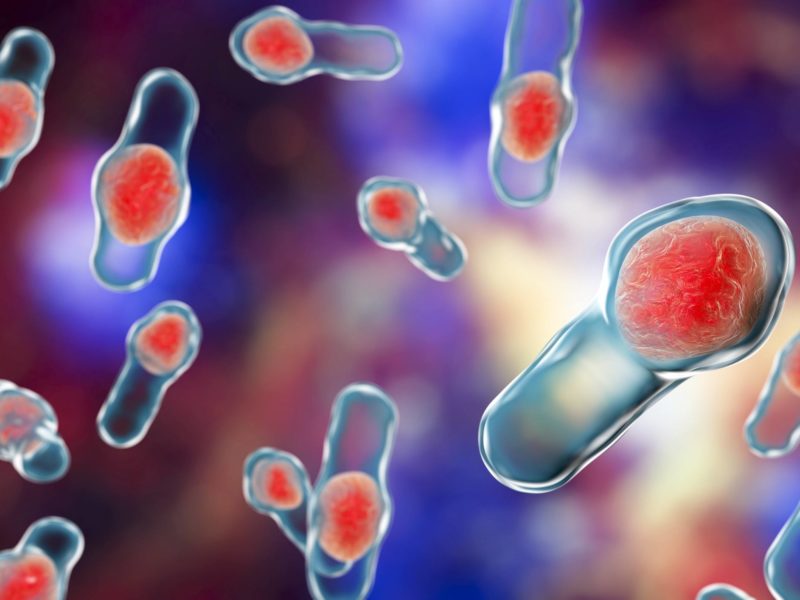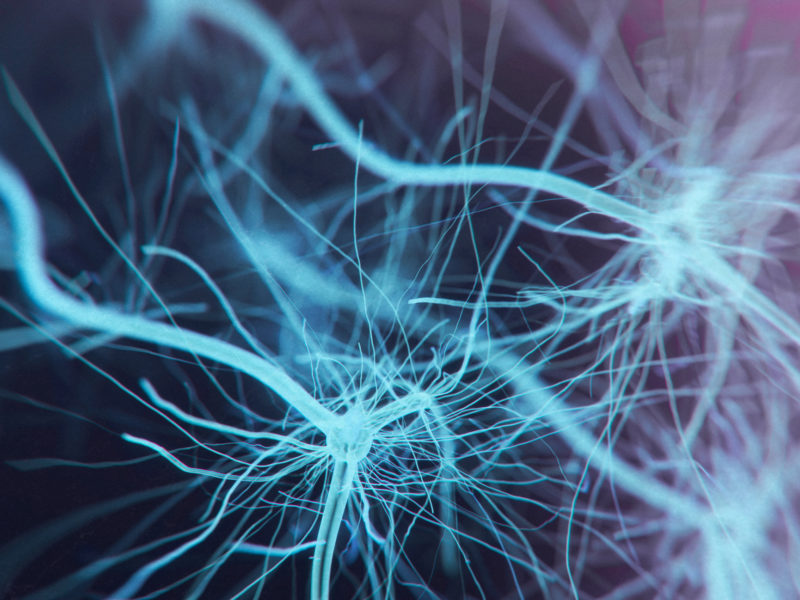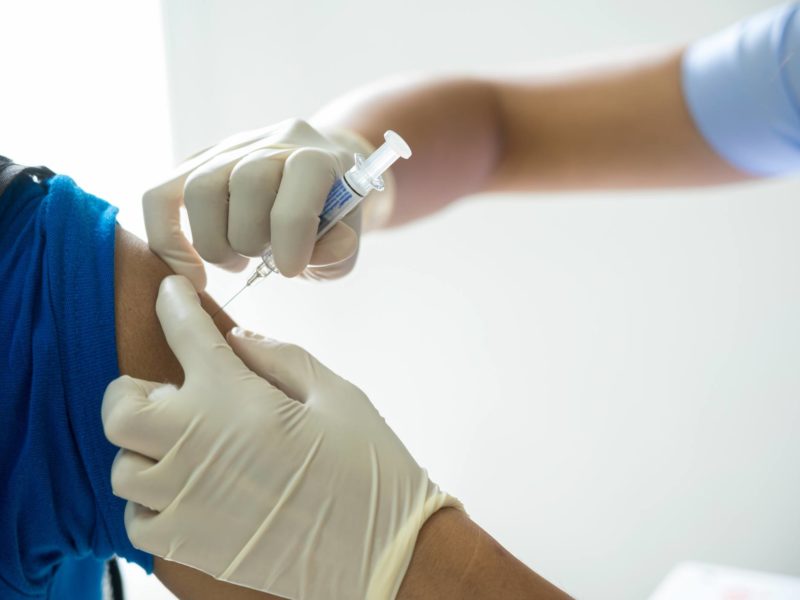The Future Of Medicine May Lurk In Our Gut

The human microbiome is the collection of tiny organisms that live in and on our bodies. There are 10 times as many of them inside each of us as there are human cells, and they represent a range of 10,000 different microbial species, largely of “good bacteria,” or microbiota.
“It has been long appreciated that gut health promotes overall health,” said Robert C. Alaniz, Ph.D., assistant professor and director of the Texas A&M Health Science Center College of Medicine Cell Analysis Facility. “Hippocrates, the so-called father of medicine, stated ‘all disease begins in the gut.’”
“I think it’s fair to say that in biomedical research, investigating the microbiota is one of the hottest and most impactful areas of research today,” Alaniz said, with U.S. and international scientists calling for the creation of a major initiative to study the microbiome in a variety of species in addition to humans. This is partly because the microbiome is linked to a number of complex diseases and conditions, from obesity and colitis to autism.
For example, scientists have shown that if they transplant the microbiota of an obese individual to an animal model (without any gut bacteria), the recipient animal will then become obese. “Although the obesity epidemic is largely a disorder of a host’s metabolism,” Alaniz said, “the microbiota that are present in our gut are a key partner in either promoting or preventing obesity.” Similar studies have been performed with human colitis.
Although it may seem logical that the tiny creatures that live in the gut might have an impact on obesity and colitis, it is more difficult to understand how they could also be involved in autism, asthma, or other diseases outside the gut. According to Alaniz, it likely has to do with the chemicals the bacteria produce. One of these chemicals has been identified as being able to circulate to the brain and affect behavior. “The link between the gut and the brain is becoming more appreciated, at the same time the mechanisms of how these links may be established are becoming more and more known,” Alaniz said. “On one level, that’s pretty fantastic, because we can wonder how were microbes selected to produce these biochemicals, and how did humans evolve to recognize these microbial signals? But when you take another step back, it makes some sense, because these microbes have co-evolved with us in our guts over hundreds of millennia.”
Overall, the gut is the body region best known for harboring the microbiome, yet nearly every body site—especially those that interact with the outside environment such as skin, nasal passages and lungs—has its own specific set of microbes. However, determining the mechanisms that mediate the beneficial (or detrimental) effects of the microbiota at each body site is an extremely daunting task and a very large “black box.” “It’s still unclear in every disease which exactly are the good microbes, and which exactly are the bad, and what they do”, Alaniz said. “We think our research is filling-in that black box, by identifying the specific chemicals the microbiota produce, which microbes produce them, and how these microbial biochemicals regulate our physiologic- and immune-systems to promote our health.”
Alaniz and his research team, along with his collaborator Arul Jayaraman, Ph.D., a professor of chemical engineering at Texas A&M University, focus on how particular products, produced only by the microbiota, influence the function of T-cells, which are key regulatory and protective cells of the immune system. In so doing, Alaniz and Jayaraman have received a $2 million grant to study how to tailor the function of these T-cells to treat or prevent inflammatory diseases like colitis, arthritis and psoriasis.
“The microbes in our gut and in other parts of our body are extremely important partners in overall health, but if we can reveal the key symbiotic mechanisms they use, it opens up a universe of discovery potential,” Alaniz said. “Our goal is now to translate our discoveries into a new generation of therapeutics that can treat a variety of diseases where its known the microbiota have an impact.”
Continue reading on Vital Record.
This article by Christina Sumners originally appeared in Vital Record.





